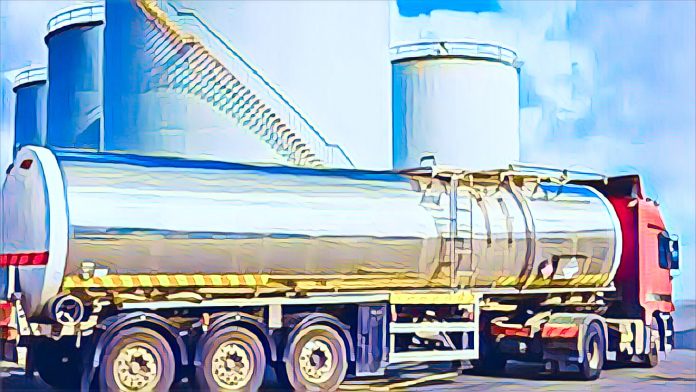The Nigerian Midstream and Downstream Petroleum Regulatory Authority (NMDPRA) is refuting claims made by Dangote Refinery that the agency grants import licenses for low-quality fuel without proper checks. The NMDPRA emphasizes its commitment to ensuring clean fuel imports while acknowledging the deregulated market that allows marketers to source products locally or internationally.
NMDPRA Rejects Allegations of “Dirty Fuel” Imports
The NMDPRA’s response comes after accusations from Dangote Refinery, which argued that the agency was issuing import licenses for substandard fuel even though Nigeria has the capacity to meet its own diesel needs. Ogbugo Ukoha, the Executive Director, Distribution Systems, Storage, and Retailing Infrastructure at NMDPRA, addressed these claims during a meeting with local refiners and marketers. He clarified that Nigeria’s downstream sector operates under a deregulated market, giving marketers the commercial freedom to choose their product sources. The NMDPRA’s primary function is to ensure that the products sold to consumers meet quality standards and are offered at fair prices.
Ukoha further elaborated on the NMDPRA’s commitment to high-quality fuel imports. He pointed to a 2020 agreement established by the Economic Community of West African States (ECOWAS) that sets a 50 parts per million (ppm) limit for the sulfur content of imported fuel. While this agreement offers local refineries a grace period until the end of December 2024, the NMDPRA has implemented stricter regulations since February 2024.
Ukoha assured Nigerians that the average sulfur content of imported diesel is well below the 50 ppm limit. He acknowledged that locally refined products may currently have a higher sulfur content. However, he highlighted that upcoming refineries will incorporate desulfurization units, significantly reducing emissions and bringing sulfur levels down to as low as 10 ppm.
Marketers Emphasize Collaboration and Continued Support for Local Refineries
The meeting facilitated by the NMDPRA brought together refiners and marketers to discuss these issues. Dr. Gabriel Ogbechie, the Group Managing Director of Rainoil Limited, emphasized the importance of a level playing field for all industry participants and stressed the need for collaboration to benefit the sector as a whole. He confirmed that major marketers continue to purchase products from Dangote Refinery while maintaining the flexibility to source products from other suppliers if necessary.
Rabiu Umar, the Group Chief Commercial Officer for Dangote Group, expressed optimism about the meeting’s outcome. He believes the discussions will steer the industry “in the right direction” and foster a more collaborative environment.
The NMDPRA’s response to Dangote Refinery’s allegations highlights the complexities of regulating Nigeria’s deregulated downstream petroleum sector. While the NMDPRA prioritizes ensuring clean fuel imports, it also respects the freedom of marketers to source products competitively. The recent meeting indicates a willingness from both regulatory bodies and industry leaders to work together to achieve these goals. Whether this collaborative approach will be successful in the long term remains to be seen. However, it offers a glimmer of hope for a future where Nigerians have access to clean, affordable fuel while the domestic refining industry continues to develop.
Source: Vanguard



